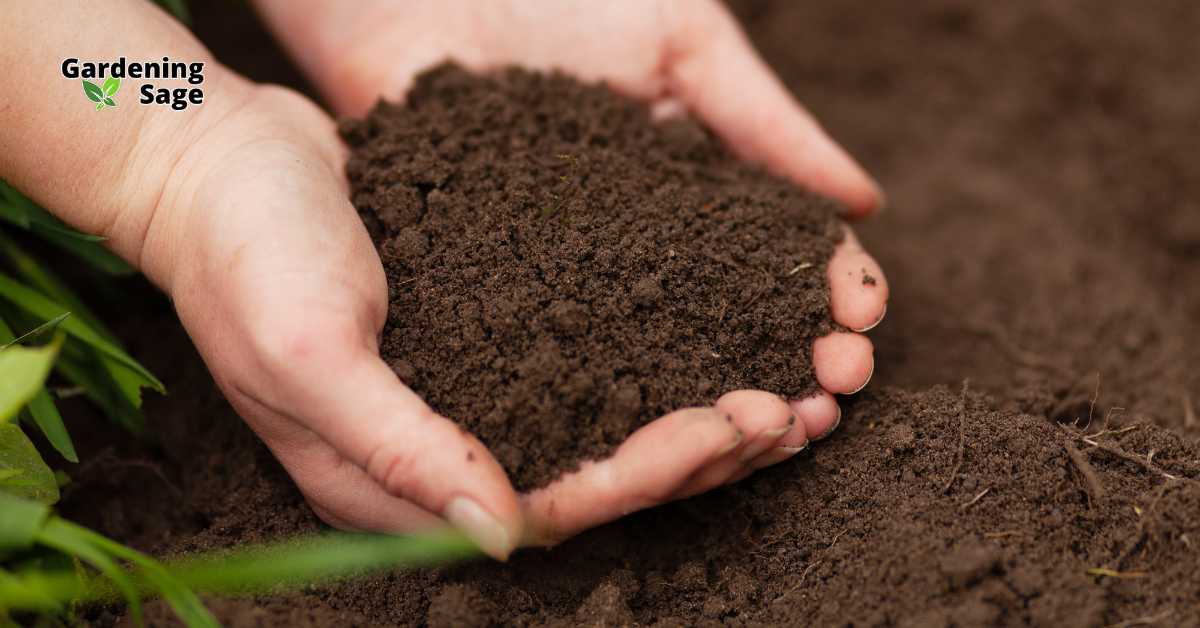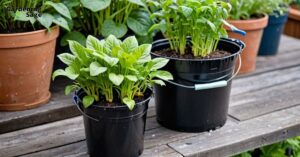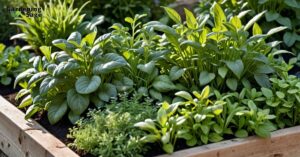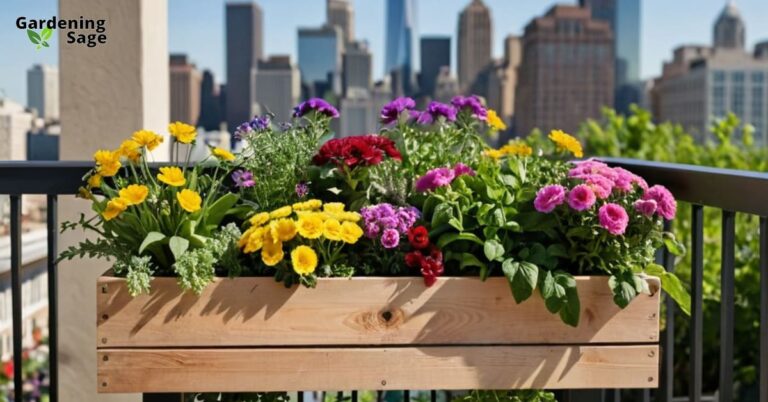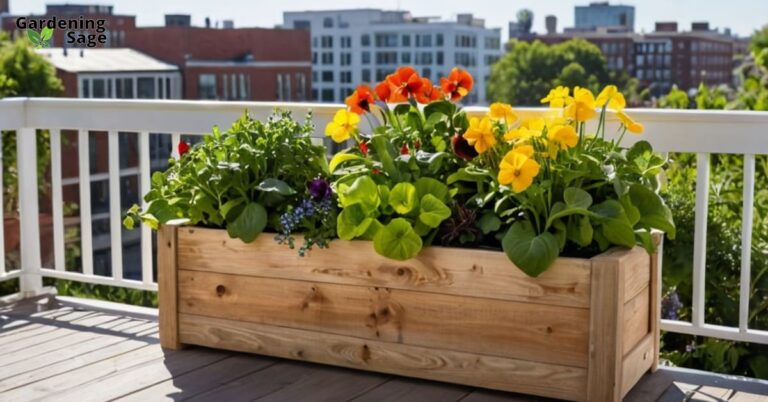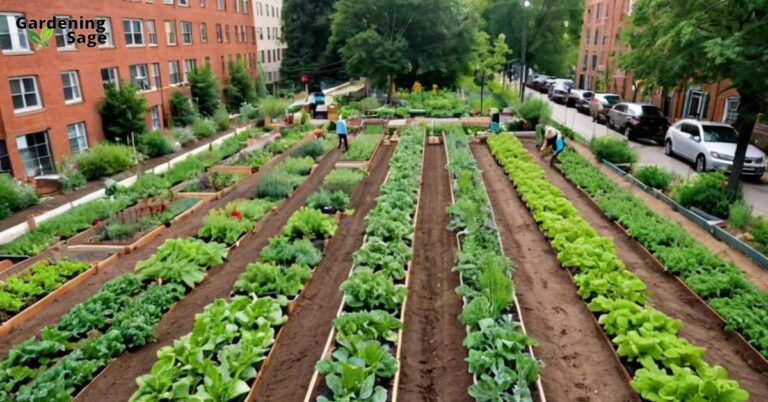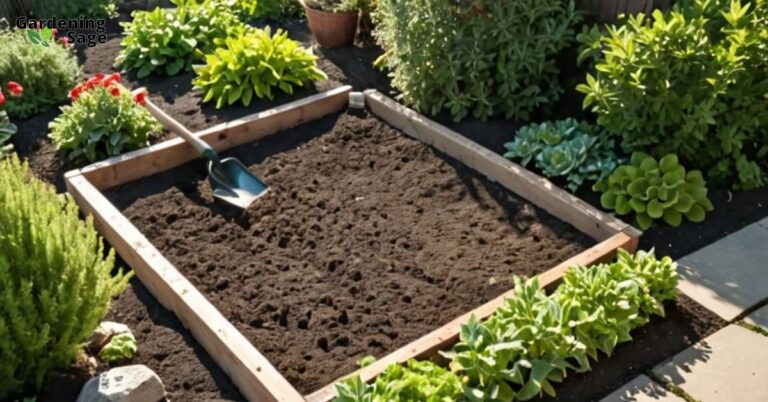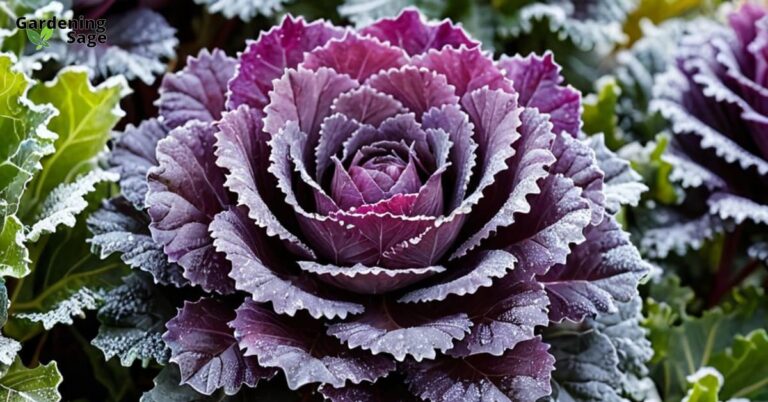Soil is the lifeblood of our planet, a complex and dynamic ecosystem that sustains plants, animals, and humans alike. In the realm of gardening, understanding and nurturing soil health is not just a practice but a philosophy that guides sustainable and organic gardening efforts.
This comprehensive guide delves deep into the science of soil health, unraveling soil preparation techniques, and organic gardening secrets to unlock the full potential of your garden while contributing positively to our planet’s well-being.
The Essence of Soil Health
At the heart of every flourishing garden lies healthy soil. But what exactly constitutes soil health? It’s a combination of biological, physical, and chemical properties that make the soil fertile and alive.
Healthy soil is teeming with microorganisms, organic matter, and nutrients, all playing a pivotal role in plant health and ecosystem balance. It’s this intricate balance that organic gardening practices strive to maintain and enhance, ensuring that the soil remains vibrant and productive for generations to come.
Soil Preparation: The First Step to a Thriving Garden
Before sowing the first seed, soil preparation lays the groundwork for a successful garden. It’s a critical step that determines the future health of your plants. Soil testing is the starting point, giving you insights into the pH, nutrient levels, and composition of your soil.
From there, amending the soil with organic matter, such as compost or aged manure, can significantly improve its structure and fertility.
But soil preparation goes beyond just adding amendments. Techniques like proper tilling, aeration, and the application of organic mulches play a crucial role in enhancing soil health.
These practices improve water retention, encourage beneficial microbial activity, and protect the soil from erosion, creating an ideal environment for plant roots to thrive.
Organic Gardening: A Symphony of Eco-Friendly Practices
Organic gardening is a holistic approach that respects and harnesses the natural processes within the garden ecosystem. It’s about working with nature, rather than against it, to achieve a healthy and productive garden.
Key to this approach is the avoidance of synthetic chemicals. Natural fertilizers, derived from plant, animal, or mineral sources, nourish the soil and plants without disrupting the delicate balance of the soil ecosystem.
Pest control in an organic garden relies on biodiversity and natural predators rather than chemical pesticides. Encouraging a diverse population of beneficial insects and employing techniques like companion planting can significantly reduce pest populations naturally.
Moreover, organic gardening emphasizes the importance of water conservation, using methods like drip irrigation to deliver water directly to the plant roots, minimizing waste and preventing soil erosion.
The Protective Shield of Healthy Soil
One of the most remarkable aspects of healthy soil is its ability to protect plants. A robust soil ecosystem can suppress disease-causing pathogens and deter pests, reducing the need for external interventions. Plants grown in healthy soil are inherently stronger and more resilient, capable of withstanding environmental stresses and resisting diseases more effectively.
Sustainable Farming: Beyond the Garden
The principles of soil health and organic gardening extend beyond the confines of the backyard garden. Sustainable farming practices around the world are adopting these principles to protect the environment, conserve soil and water, and produce healthy, nutrient-rich crops.
Techniques like cover cropping, crop rotation, and conservation tillage are becoming increasingly popular, demonstrating that healthy soil is the foundation of sustainable agriculture.

